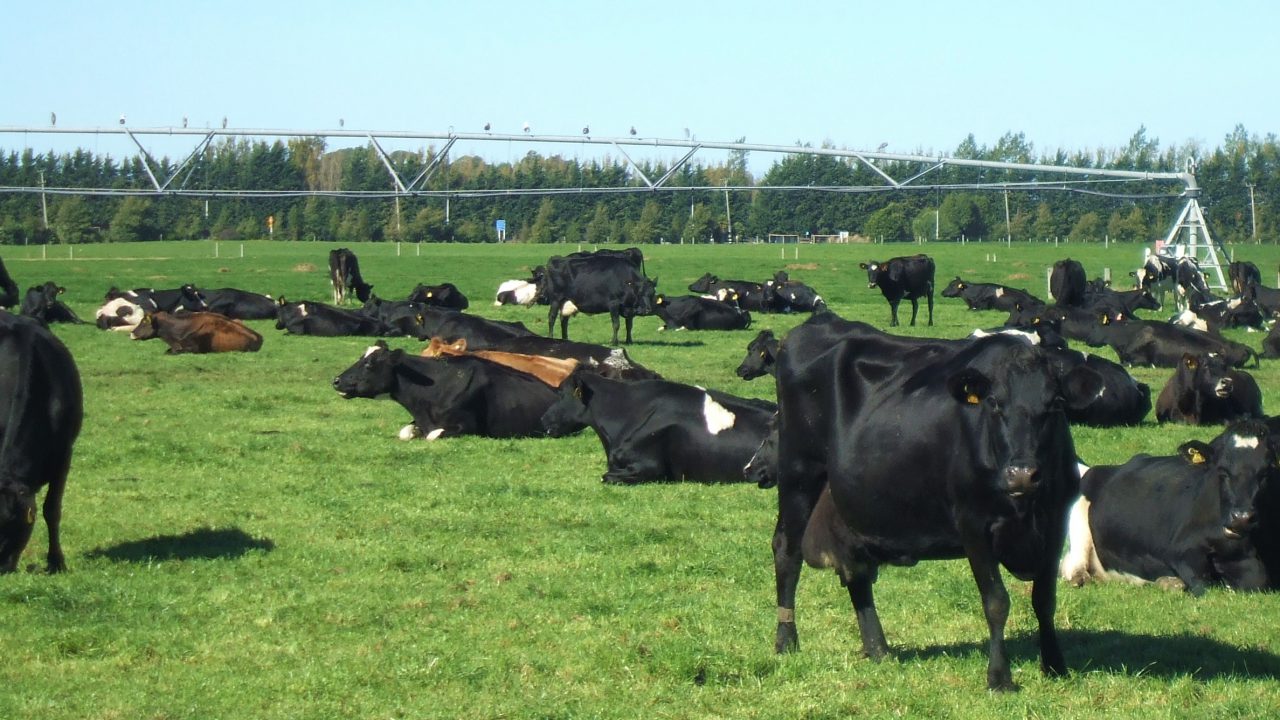The final shipment of livestock from New Zealand has set sail as a ban on live exports by sea comes into effect in the country.
In 2021, the New Zealand government decided to stop shipping live animals following a review of its live export sector.
It came after an export ship capsized in the east China Sea resulting in the deaths of 41 crew and nearly 6,000 cattle.
A two-year transition period to help farmers to adjust their businesses comes to an end on April 30, 2023.
New Zealand
New Zealand’s Minister for Agriculture, Damien O’Connor said that the move has reaffirmed the country’s commitment to animal welfare.
“In a market where consumers are becoming more and more discerning about ethical and environmental credentials, this government has moved to ensure that New Zealand’s reputation for ethical trade is not at risk.
“Our farmers are world leaders and we must support them to stay ahead of the curve.
“Our position on the map means that the journey to northern hemisphere markets will always be a long one and this brings unavoidable animal welfare challenges,” O’Connor said.

Since 2015, live exports by sea have represented only 0.32 per cent of New Zealand’s primary sector export revenue.
Minister O’Connor acknowledged the economic benefits for some farmers, but he said the international reputation of the country’s NZ$53 billion dollar primary export industry had to be protected.
He said that the two-year transition period allowed affected farmers the time to adjust their supply chains and move to different business models.
“We are in step with our likeminded partners on the importance of animal welfare.
Australia has moved to phase-out live export of sheep, and animal welfare standards are bedded into our free trade agreements (FTAs) with the UK and the EU.
“Recent talk of restarting live exports by sea simply ignores the reality that our consumers overseas take issues of sustainability, climate and animal welfare seriously, which is why they’re reflected in our recent FTAs,” the minster added.
The New Zealand government said that it sees an opportunity to work with its trading partners “on lifting the productivity and efficiency of their livestock production systems”.
“This government is committed to ensuring our farmers stay at the forefront of sustainable and ethical trade and that every part of our food production system upholds high standards of animal welfare,” O’Connor said.
